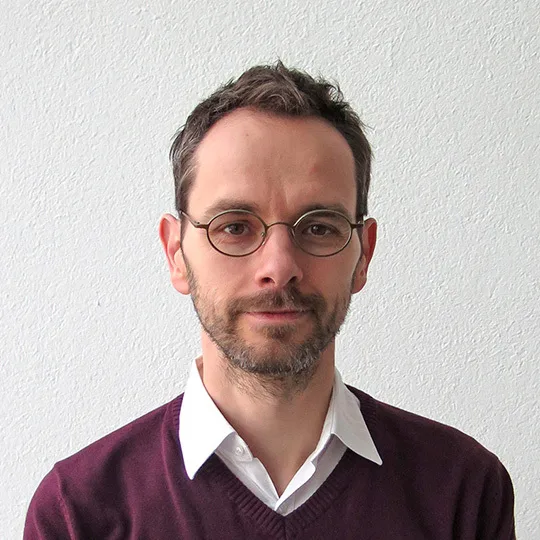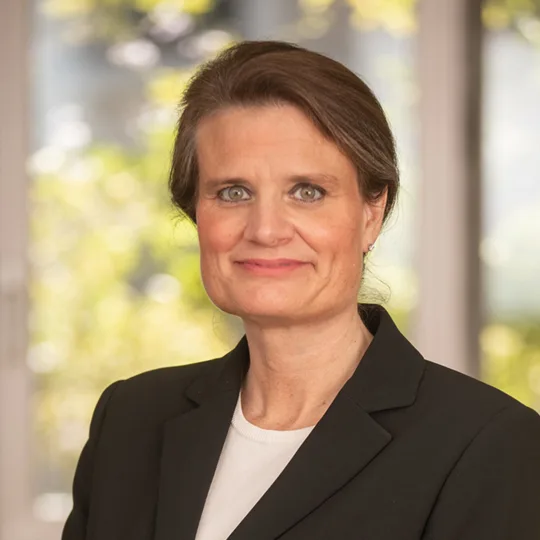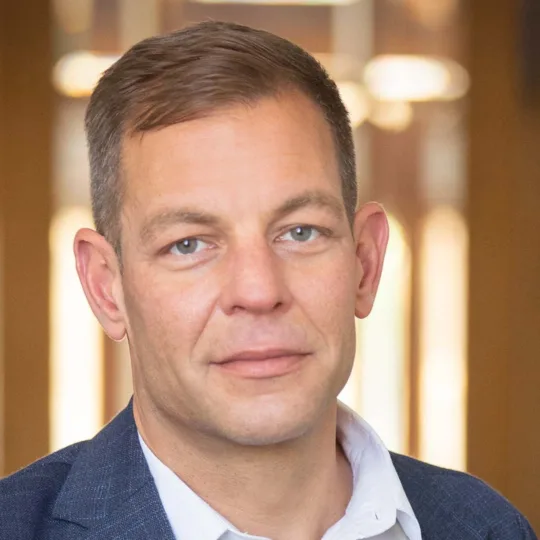Professor Thomas Feurer appointed Chairman of European XFEL Management Board
At the end of February 2023, the Council of European XFEL GmbH appointed Professor Thomas Feurer from the University of Bern as chairman of the company’s Management Board. The company operates the X-Ray Free-Electron Laser Facility (European XFEL), which was put into service in 2017.
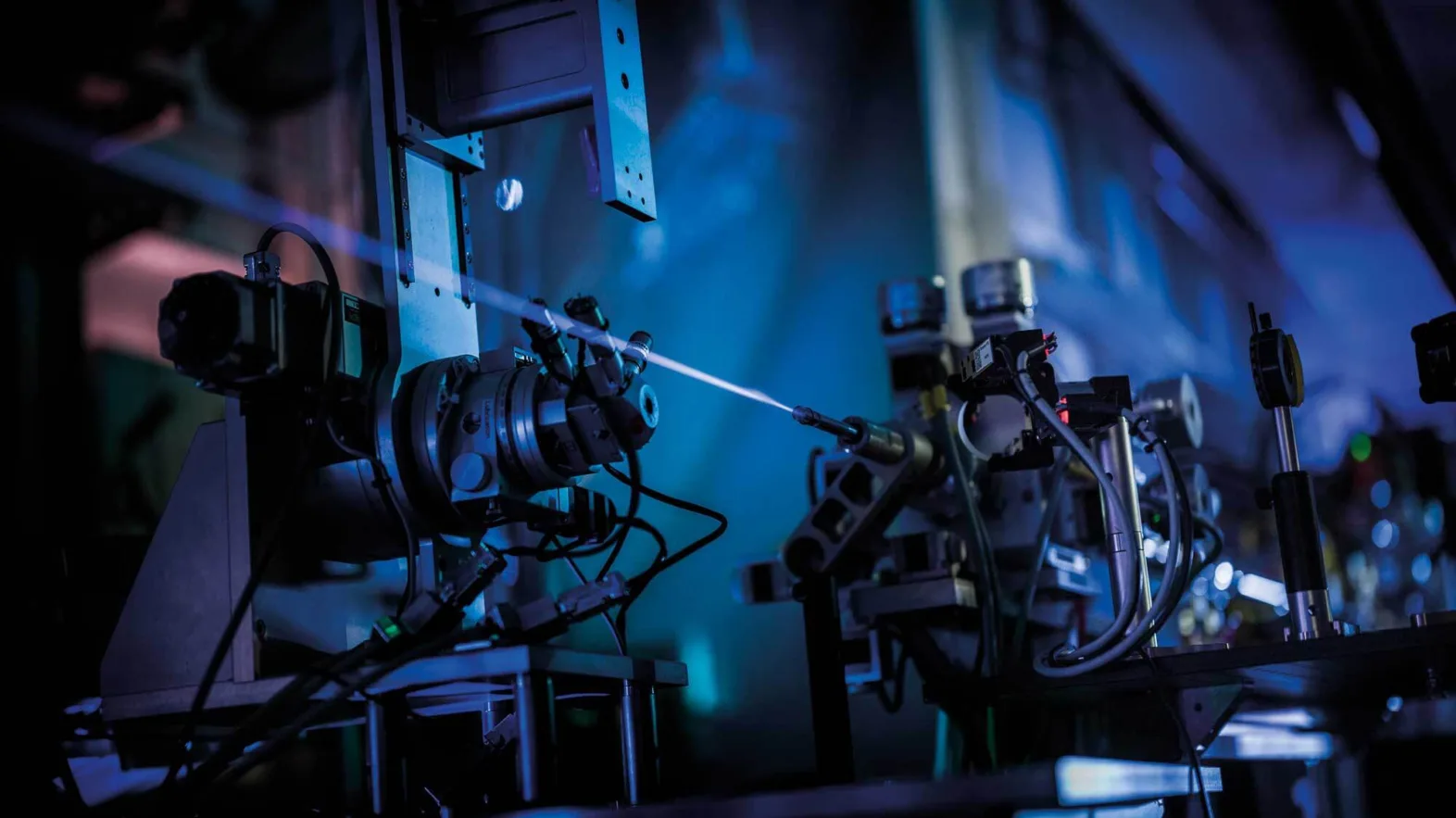
Thomas Feurer currently heads the Institute of Applied Physics at the University of Bern. Starting 1 January 2024, he will take over as chairman of the European XFEL Management Board for a five-year term. He succeeds Danish national Robert Feidenhans’l, who has been at the helm since 2017. Under his watch, the European XFEL facility was brought online and the company successfully navigated through the COVID-19 pandemic, then the war in Ukraine, and now the current economic volatility.
Discoveries expected in a wide range of different fields
European XFEL is the world’s largest X-ray facility. It generates ultrashort X-ray flashes – lasting a billionth of a second – that can be used to produce 3D images of materials at the atomic scale or film chemical reactions. This research can lead to many potential applications in a wide range of fields. Examples include advances in medicine, new power generators and accumulators and innovations in data storage. The research can also provide insight into how materials behave under extreme conditions.
Swiss participation
European XFEL GmbH was founded through an international agreement signed by twelve countries, including Switzerland. Construction of the facility began in Schenefeld, near Hamburg (DE) in 2009. European XFEL GmbH currently has over 500 employees. Switzerland has its own X-ray laser facility (SwissFEL) at the Paul Scherrer Institute, which complements the European XFEL facility in Hamburg. The fact that these two facilities were built in parallel greatly enhanced Swiss expertise in this field and led to major synergies between the two projects. Swiss researchers are now among the most active users of the European XFEL.
Thomas Feurer’s appointment as chairman of the Management Board bears testimony to the robust growth of photonic science in Switzerland over the past decade and reinforces already close ties that Switzerland maintains with European XFEL GmbH. It also underscores just how interconnected Switzerland and the European Research Area (ERA) are in terms of research infrastructures. This relationship is solid despite Switzerland’s current non-associated country status in Horizon Europe and its inability to play an active role in ERA steering bodies, namely the ESFRI. The joint construction and operation of major research infrastructures by European countries provides a solid basis for cooperation, integration and networking between researchers outside a purely EU-based context.
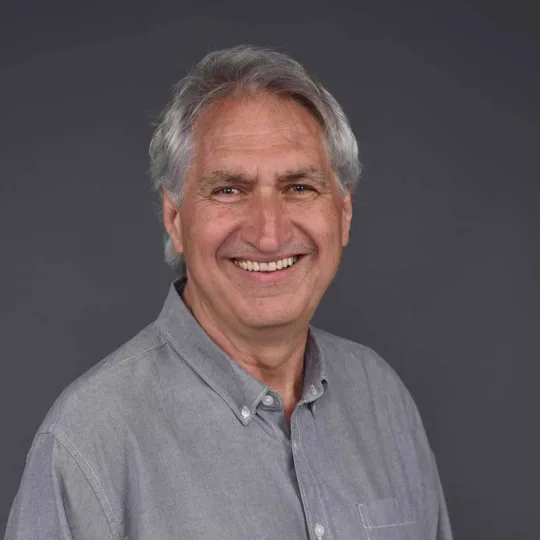
After studying physics at the University of Würzburg (DE), Thomas Feurer held various research positions at the University of Jena and MIT and was appointed professor at the University of Bern in 2004. Between 2010 and 2022, he co-directed the NCCR MUST (Molecular Ultrafast Science and Technology) with Prof. Ursula Keller (ETH Zurich). He has been the President of the Swiss Society for Photon Science (SSPh) since its inception in 2019. Thomas Feurer's interests also include scientific communication, which takes up much of his time.
Professor Feurer, on 28 February 2023, the European XFEL Council appointed you chairman of the Management Board. This means that you will be changing your profession and place of work. What will you miss and what are you particularly looking forward to?
On a personal level, I will miss acquaintances, friends and the unique Bernese landscapes the most. On a professional level, I will miss the interactions and discussions with students. I am very much looking forward to being able to experience and shape the development of this unique research infrastructure first-hand.
How do you feel about the start of your term on 1 January 2024?
Relaxed and full of ideas, but also reasonably humble. In the short term, I will need to quickly get to grips with the various tasks and duties. In the long term, I would like to help firmly establish the European XFEL facility in the European research landscape and continue to provide the scientific community with unique experimental infrastructure for cutting-edge research.
As chairman, what special projects do you intend to focus on?
The continued and targeted expansion of the range of experimental possibilities. I also want to ensure that the user community receives continuous support that is tailored to their specific needs. This can only be achieved with an internationally positioned team of outstanding specialists. I would also like to see a growing contribution to socially relevant research topics.
«In the coming years, I expect ground-breaking discoveries in basic research at European XFEL.»
What can be expected from XFEL-based research over the next few years?
In basic research, I expect that ground-breaking discoveries will be made, for example, relating to the structure and function of biologically relevant building blocks as well as improvements in our fundamental understanding of new materials and potential applications. As in the past, continuous upgrading of the infrastructure itself will also give rise to a number of commercially viable innovations. Of course, I am particularly pleased that Swiss researchers are highly regarded in nearly all of the fields that are being researched at European XFEL.
As the future chairman of the European XFEL Management Board, what would you like to see from Switzerland?
I wish to see a continuation and, where appropriate, deepening of the already commendable level of cooperation with all participating academic and non-academic Swiss institutions. Furthermore, I hope that Switzerland's financial and intellectual contributions will continue to produce outstanding scientific results in the future.
Contact
Author
